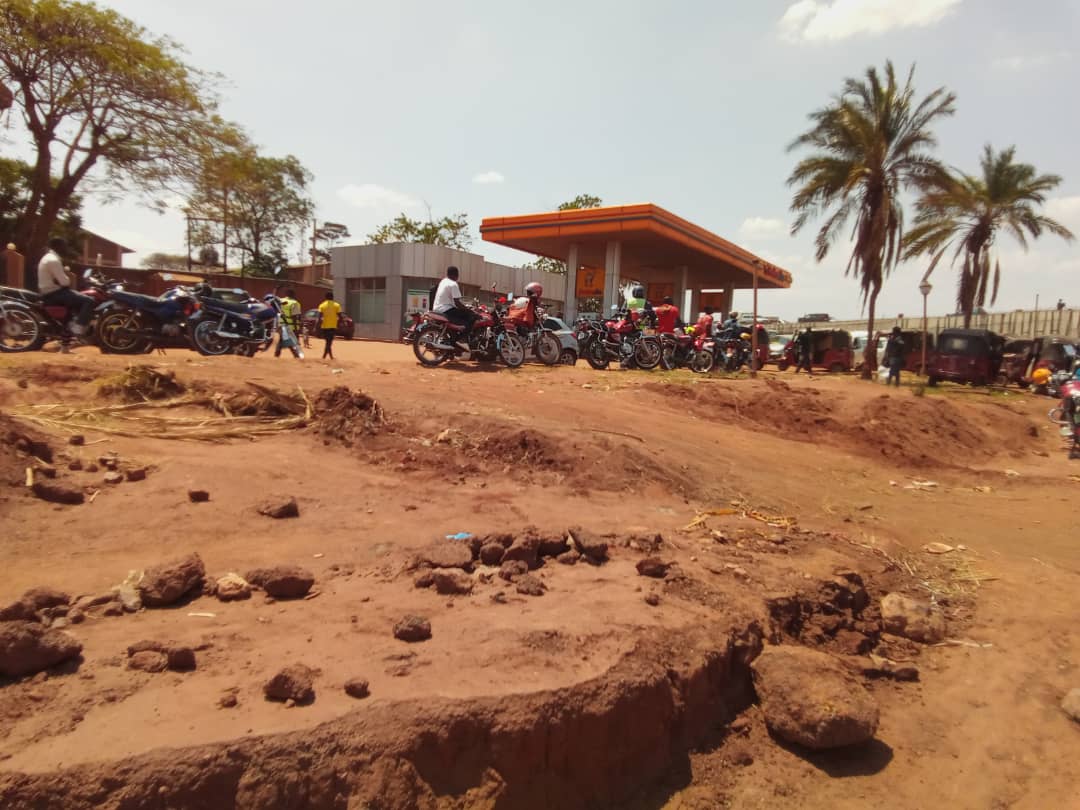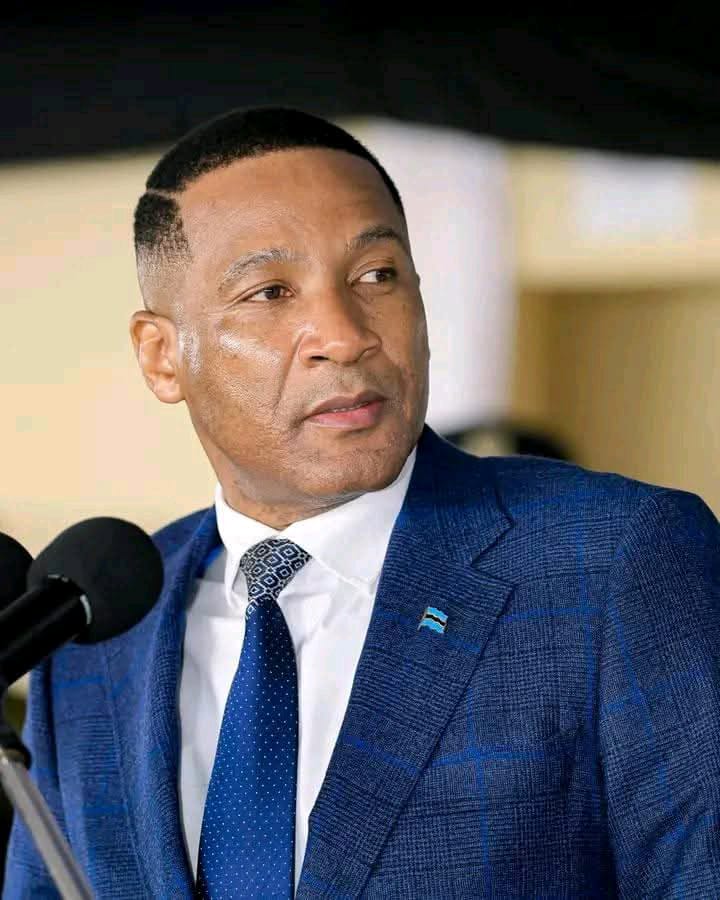By Burnett Munthali
In Malawi, a witty remark has captured the frustration of a nation grappling with severe foreign exchange (forex) shortages. The phrase, “Chikhala kuti ma push ups amabweretsa Forex, bwenzi pano tili ndi forex lololo,” loosely translates to, “If push-ups could bring forex, we would have enough foreign currency by now.” While the humor draws laughter, it points to a deep disappointment shared by many Malawians as they face one of the country’s most persistent economic challenges.
This lighthearted observation underscores a serious issue: the forex crisis is not a problem that can be resolved with quick fixes or superficial efforts. At its core, Malawi’s forex challenges are the result of larger economic imbalances—low export earnings, rising import costs, and poor management of reserves. While the citizens joke about the situation, it is evident that real solutions lie in structural reforms rather than temporary remedies.
Foreign exchange shortages do not exist in isolation; they are a critical factor in the broader economy. In Malawi, the forex shortage has caused ripple effects across multiple sectors, most notably in the importation of essential goods such as medicines, food, and fuel. This issue is highlighted further in the second part of the humorous phrase, “Pano kufuna kuyenda ukumafunsa kaye komwe kuli fuel,” which means, “Nowadays, you have to ask where the fuel is before making travel plans.”
Fuel scarcity has become a daily reality for many Malawians, with long queues at petrol stations, and often, days of waiting just to refuel vehicles. Businesses, especially those reliant on transportation, have felt the economic strain. Public transport, too, has become unreliable, leaving commuters stranded. The situation is exacerbated by the inability to pay international suppliers due to a lack of forex reserves, putting even more pressure on the energy and transport sectors.
The fuel crisis is a prime example of how forex shortages have a domino effect on the economy. Fuel is vital to maintaining the smooth operation of industries, especially those involved in the movement of goods and services. In Malawi, sectors such as agriculture and retail are highly dependent on transportation, which means that when fuel becomes scarce, the entire supply chain is disrupted.
Moreover, Malawi already faces energy challenges, and fuel shortages further compound this issue. Fuel is needed for generators and to power industries, meaning that when fuel supplies are cut, productivity grinds to a halt. This affects businesses, individuals, and the overall economy, making economic recovery an uphill battle.
This interconnectedness between forex, energy, and transport highlights the fragile nature of Malawi’s economy. The humorous quips like “Chikhala kuti ma push ups amabweretsa Forex” serve as a way for people to cope with the harsh realities of these cascading effects. However, humor does not change the fact that the crisis is worsening daily.
The shortage of foreign exchange highlights a larger issue within Malawi’s economic structure. Forex reserves are built through export earnings, and Malawi’s export sector has been underperforming due to various factors such as declining agricultural productivity, a lack of diversification in industries, and poor manufacturing output.
At the same time, Malawi’s import bill continues to rise, particularly due to the country’s dependence on imported fuel, food, and medical supplies. This imbalance creates a situation where forex reserves are quickly depleted, leaving the country unable to meet its most basic needs. Without meaningful reforms to address these structural issues, forex shortages will likely persist, creating further economic instability.
To remedy this situation, the government must focus on increasing export earnings, effectively managing reserves, and reducing the trade deficit. Policies that encourage industrial growth and diversification, along with investments in local industries, can reduce the reliance on imports, thereby relieving some of the pressure on forex reserves. However, such reforms require careful planning and long-term commitment.
Malawians have always demonstrated resilience in times of hardship, and their ability to use humor to lighten the burden of a difficult situation is part of that strength. However, while humor helps people cope, it does not solve the underlying problems. The forex crisis, fuel shortages, and other related economic issues require immediate and focused attention.
Citizens are feeling the weight of the crisis in their everyday lives, from the frustration of searching for fuel to the rising cost of goods and services. The government’s role in stabilizing the forex situation is critical, and bold steps must be taken to ensure that the country does not fall deeper into economic instability.
The humor behind the statement “Chikhala kuti ma push ups amabweretsa Forex, bwenzi pano tili ndi forex lololo” may bring a momentary smile, but it reflects the deeper frustrations of Malawians facing a critical economic crisis. The ongoing forex shortages and their impact on fuel, energy, and daily life illustrate the need for significant policy reforms to address these structural issues.
Malawi cannot rely on surface-level solutions to solve such a deeply rooted problem. The forex crisis demands comprehensive reforms that include boosting exports, reducing imports, and managing reserves efficiently. Only through such efforts can the country hope to stabilize its economy and alleviate the hardships that its citizens currently face.




